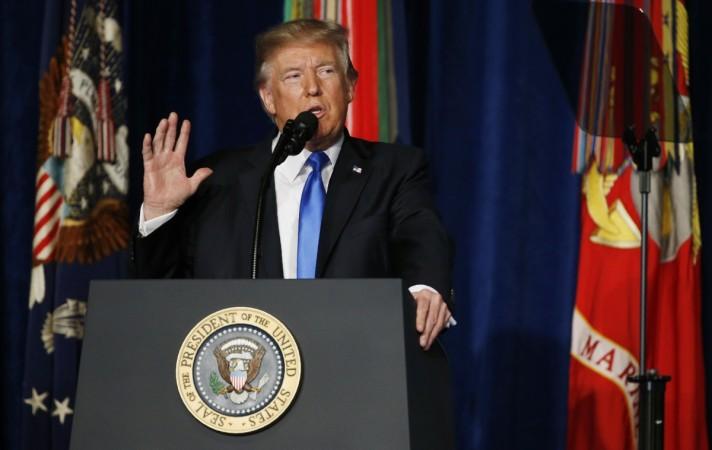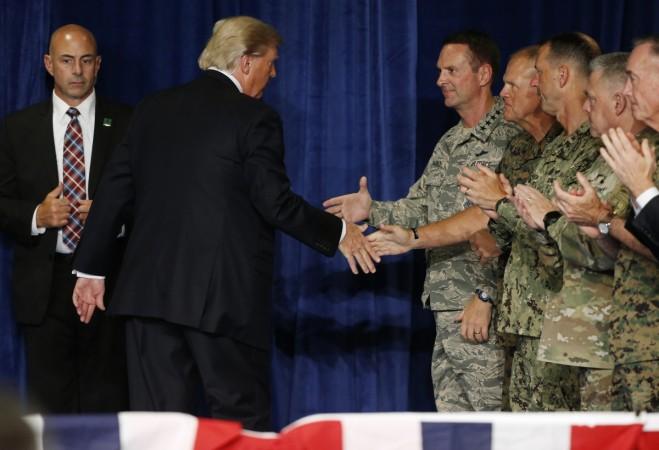
By Pakistan's standards, this is a unique act. On Monday, August 28, Pakistan's Foreign Minister Khawaja Mohammad Asif said that Islamabad has suspended talks and bilateral visits with the US to protest President Donald Trump's recent criticism.
For a country which has been one of the closest allies of the US since its independence, this speaks volumes about its changing stand in foreign policy and the emergence of an Islamabad-Beijing-Moscow axis as a counterweight to Washington which has got closer to New Delhi the most since 1947. The strategic lines of the 21st century Eurasia are a complete anti-thesis to what it was during the Cold War or more specifically, the Bangladesh war of the 1971.
Trump's Afghanistan policy doomed to fail?
Pakistan's bold stance vis-à-vis the US has already started rendering Trump's Afghanistan plan ineffective. The US president who took over this year recently made a U-turn from what he had promised on Afghanistan during his campaign phase: to get out of the country where the US forces have remained stuck since 2001 and are unlikely to settle it in the foreseeable future.

Trump turned the Afghanistan issue into a more global problem by rebuking Pakistan and asking India to play a bigger role there, predicting that it would also be a countermove against the Chinese.
Beijing and Moscow invariably jumped into Islamabad's defence and this proves that Trump's prediction of using the Afghan theatre as a stone to kill many birds is doomed from scratch. Instead of feeling intimidated and responding to Washington's pressure, Pakistan, despite being leaderless at the moment, openly scrapped talks and visits with the US.
Cornered Pakistan has no other option now but to retaliate
For Pakistan, the very idea of India formally playing a role in Afghanistan is unsettling. It would force it battle two more hostile fronts which it is already but with little incentives. Pakistan has squandered its chances to build good relations with Afghanistan's political leadership and allowed India to steal a chance. Now, with the US wanting to seal India's role in Afghanistan, a cornered Islamabad has no other option but to retaliate with backing from China and Russia – the other rivals of Washington.
With all key parties failing to bring any solution to Afghanistan, the region has only turned into a bigger headache and there are enough threats of now more sides trying to utilise the troubled situation to their own advantages. By alienating Pakistan and inviting India in Afghanistan, Trump indirectly involved other big powers in the war-ravaged country and it could see a massive backlash in the days to come.
Trump, in fact, just ensured the Americans' defeat in the country which it had invaded in 2001 in the wake of the September 11 attacks.














